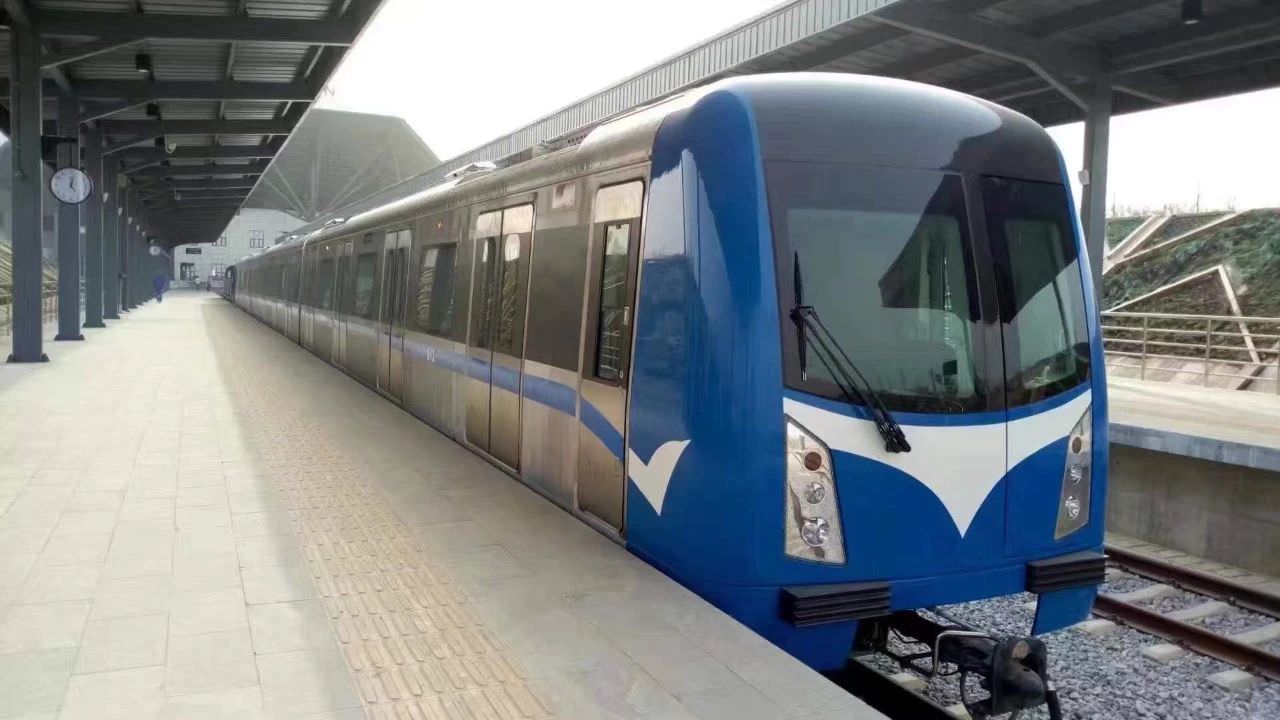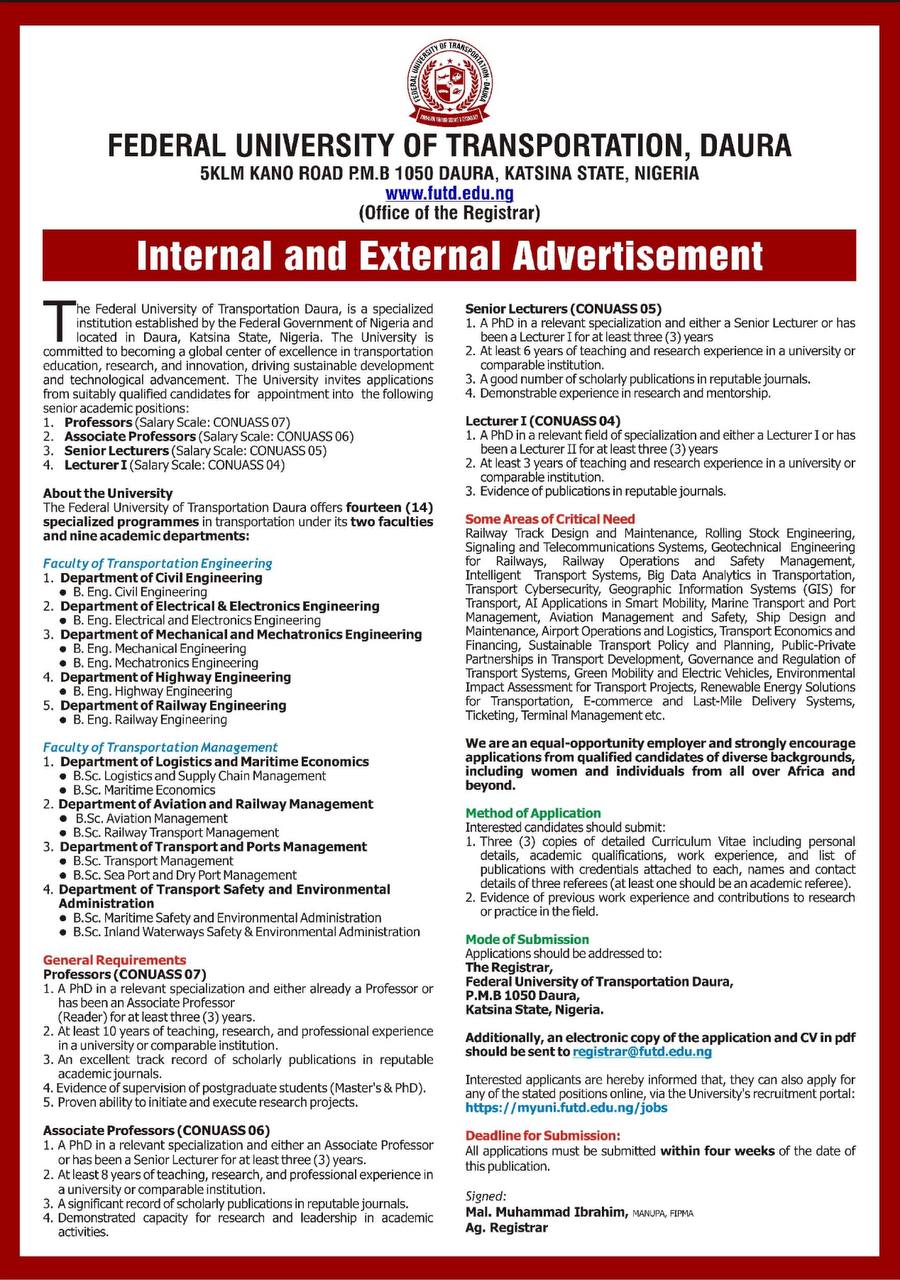The World Bank has proposed some measures that can be deployed by the Federal Capital Territory Administration (FCTA) to tackle the transportation housing challenges faced by residents, especially those living in the outskirts of the city.
World Bank’s Consultant for Urban Livability & Mobility in Nigeria, Will Bradley, shared these insights in an exclusive interview with Nairametrics on September 5, 2024.
Bradley’s observations were shared during the Gender and Inclusion Summit 2024, held by the Policy Innovation Centre (PIC). The summit, which focused on “Face Me, I Face You: Fixing the Urban Poverty and Housing Crisis,” brought together policymakers, business leaders, scholars, and journalists to explore innovative approaches to poverty reduction with a focus on gender inclusivity.
Bradley criticised the current affordable housing programs in Abuja, stating that they are ineffective and inadequate. He highlighted that previous mass housing initiatives are now obsolete and that public-private partnerships have failed to provide affordable housing, particularly for those living on the outskirts of the city.
He also recommended the introduction of a subsidized bus service to improve transportation accessibility.
He pointed out that over half of the taxis in Abuja operate without licenses, raising security concerns and limiting mobility, especially for women. In contrast, he praised Lagos for its effective transport management, including a Bus Rapid Transit (BRT) system and regulated dam flows, suggesting that Abuja could benefit from a similarly integrated approach.
Bradley stressed the need for strong political will to implement the public transport plans outlined in Abuja’s master plan, which remain largely unexecuted. He urged the government to recognize that many residents cannot afford to live in the city center and are therefore relocating to satellite towns or informal settlements.
Founder and CEO of Roomeo Abuja, Doyin Adewola, emphasized the importance of self-evaluation in addressing housing issues. He argued that building safety is a shared responsibility among engineers, homeowners, and regulators, and linked substandard construction to “warped values” within society. He also suggested that leveraging technology could help combat corruption impacting housing and transportation sectors.
Executive Director of the Policy Innovation Centre, Dr. Osasuyi Dirisu, highlighted the need for a dedicated platform for evidence-driven dialogue and policy advocacy. She noted that such a platform is crucial for addressing issues affecting Nigerians, particularly women and girls.
The PIC, part of the Nigerian Economic Summit Group, is committed to advancing gender and social inclusion through sustained advocacy and a focus on social and behavioral change to address housing and other human rights challenges.













